A4: Generations of information seekers - google generation myth or reality
por damian rivlin


1. They multitask in all areas of their live
1.1. do they....? evidence?
2. They have shifted decisively to digital forms of communication: texting rather than talking
3. They prefer interactive systems and are turning away from being passive consumers of information
4. They have very high expectations of ICTs
4.1. memory of period w/ slower systems
5. They are more competent with technolog
5.1. but use simple systems
6. They find their peers more credible as information sources than authority figures
6.1. not true of university / school
6.2. true in social netowrks, another reason for staying out of social netowrks.... or perhaps we can use social netwroks to connect well socially...
7. they need to be constantly connected
7.1. 65 year olds spend longer...
7.2. factors specific to the individual, personality and background, are much more significant than generation.
8. They pick up computer skills by trial-and-error
9. They are expert searchers
9.1. "dangerous myth
10. They are format agnostic
10.1. information is now format agnostic...
10.1.1. what about the apple only stuff - apple universities...
11. range of types
11.1. think about support for other learners
11.1.1. forum posting
12. They are used to being entertained and now expect this of their formal learning experience at university
12.1. Information media must be interesting or they will fail to be used
12.1.1. hmmm - concern is the absorption of information
12.1.1.1. find examples where more "entertaining delivery" impeded memory....
12.1.1.1.1. why do people remember soap opera details...
12.1.2. circular argument
